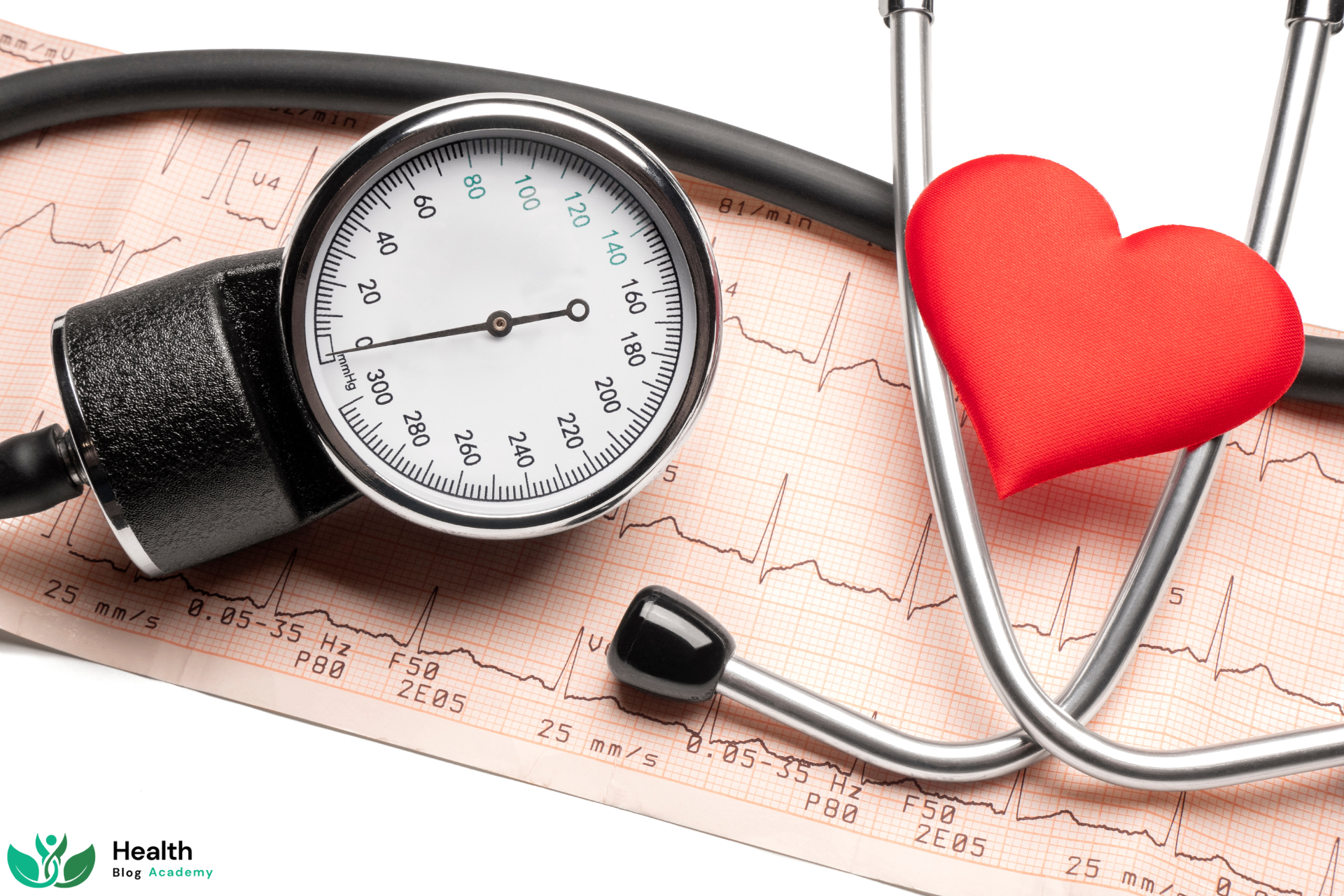Introduction
One of the most crucial parts of the human body is the heart. It circulates blood and oxygen throughout the body, feeding the cells with energy and preserving life. Unfortunately, one of the main causes of mortality in the globe is heart disease. The coolest news is that there are several strategies to shield your heart and decrease your risk of developing heart disorder. This post will go through 15 techniques to maintain heart health.
15 Ways to Keep Your Heart Healthy
- Regular exercise

One of the maximum vital things you could do to hold the fitness of your heart is exercising. Regular exercise helps strengthen your heart, lower blood pressure, and enhance blood circulation. Attempt to engage in moderate-intensity activity for at least 30 minutes most days of the week, such as quick walking, biking, or swimming.
- Keep an appropriate weight
Obesity or being overweight might raise your chance of developing heart disease. Eat a balanced weight loss plan that incorporates an abundance of fruits, greens, complete grains, lean protein, and healthful fat that allows you to keep a wholesome frame weight. Steer clear of foods that are heavy in salt, sugar, and saturated and trans fats.
- Give up smoking
One of the main factors contributing to heart disease is smoking. Quit smoking as soon as you can. Avoid being around secondhand smoke if you don’t smoke.
- Control anxiety

Heart disease risk may rise with ongoing stress. Try deep breathing, meditation, or yoga as ways to unwind to handle stress. Additionally, exercise may help lower tension.
- Get enough sleep
Sleep is crucial for heart health and general well-being. Sleep for 7-8 hours every night. Consult your doctor if you are having problems falling asleep.
- Restrict alcohol consumption
The risk of heart disease might rise with excessive alcohol use. If you prefer to drink, keep your consumption to a maximum of one drink for women and two for men per day.
- Control blood pressure

The heart and blood arteries might get damaged by high blood pressure. Eat a balanced diet, exercise often, keep a healthy weight, and take medicines as directed by your doctor to control high blood pressure.
- Regulate triglyceride levels
Heart disease risk may be increased by having high cholesterol levels. Eat a balanced diet low in saturated and trans fats, exercise often, keep a healthy weight, and take medicines as directed by your doctor to reduce your cholesterol levels.
- Control diabetes
Diabetes may harm blood vessels and the heart. Comply with these simple suggestions to live healthful: eat a balanced diet, workout regularly, and reveal your blood sugar levels.
- Consume heart-healthy foods

Fruits, vegetables, whole grains, lean protein, and heart-healthy fats are prevalent in a heart-healthy diet. Steer clear of foods that are heavy in salt, sugar, and saturated and trans fats.
- Maintain hydration
To maintain good health overall, including heart health, one must consume adequate water. Aim for eight glasses of water or more each day.
- Steer clear of processed food
The risk of heart disease is increased by the excessive salt, sugar, and harmful fat content in processed meals. Choose whole, unprocessed foods over processed ones whenever feasible.
- Continue to be active all day
Long durations of sitting might raise your chance of developing heart disease. Throughout the day, make an effort to keep active by standing up and moving about during breaks.
- Attend routine checkups

For the detection and treatment of any possible cardiac issues, regular medical visits are crucial. Check your cholesterol, blood sugar, and blood pressure readings often.
- Be familiar with your ancestry
Your risk of heart disease may be influenced by your family history. Discussing strategies to lower your risk if you have a family history of heart disease with your doctor is a good idea.
FAQs
Q: Is heart disease preventable?
A: There are several things you may take to lower your chance of developing heart disease, even if not all instances can be avoided. You can maintain your heart healthy by leading a healthy lifestyle, treating chronic diseases, and scheduling routine checkups.
Q: What meals are good for your heart?
A: Fruits, vegetables, whole grains, lean protein, and heart-healthy fats like olive oil and avocado are some examples of heart-healthy foods. Steer clear of foods that are heavy in salt, sugar, and saturated and trans fats.
Q: Is anxiety harmful to your heart?
A: Heart disease risk may rise with ongoing stress. Try deep breathing, meditation, or yoga as ways to unwind to handle stress. Additionally, exercise may help lower tension.
Q: What are some typical heart disease risk factors?
A: Heart sickness is a critical condition that can be as a result of a range of of things, along with excessive blood strain, excessive cholesterol, smoking, diabetes, weight problems, and a own family history of the circumstance.
Q: Is alcohol still permissible if I wish to maintain a healthy heart?
The risk of heart disease might rise with excessive alcohol use. If you prefer to drink, keep your consumption to a maximum of one drink for women and two for men per day.
Q: Is it possible to cure heart disease?
A: Many individuals with heart disease may improve their heart health by lifestyle modifications and medical therapies, even though some heart damage is irreversible.
Conclusion
For general health and well-being, maintaining a healthy heart is essential. You may lower your risk of heart disease and strengthen your heart health by implementing these 15 suggestions and techniques. Recall to exercise often, maintain a heart-healthy diet, control your stress, and see your doctor frequently.

